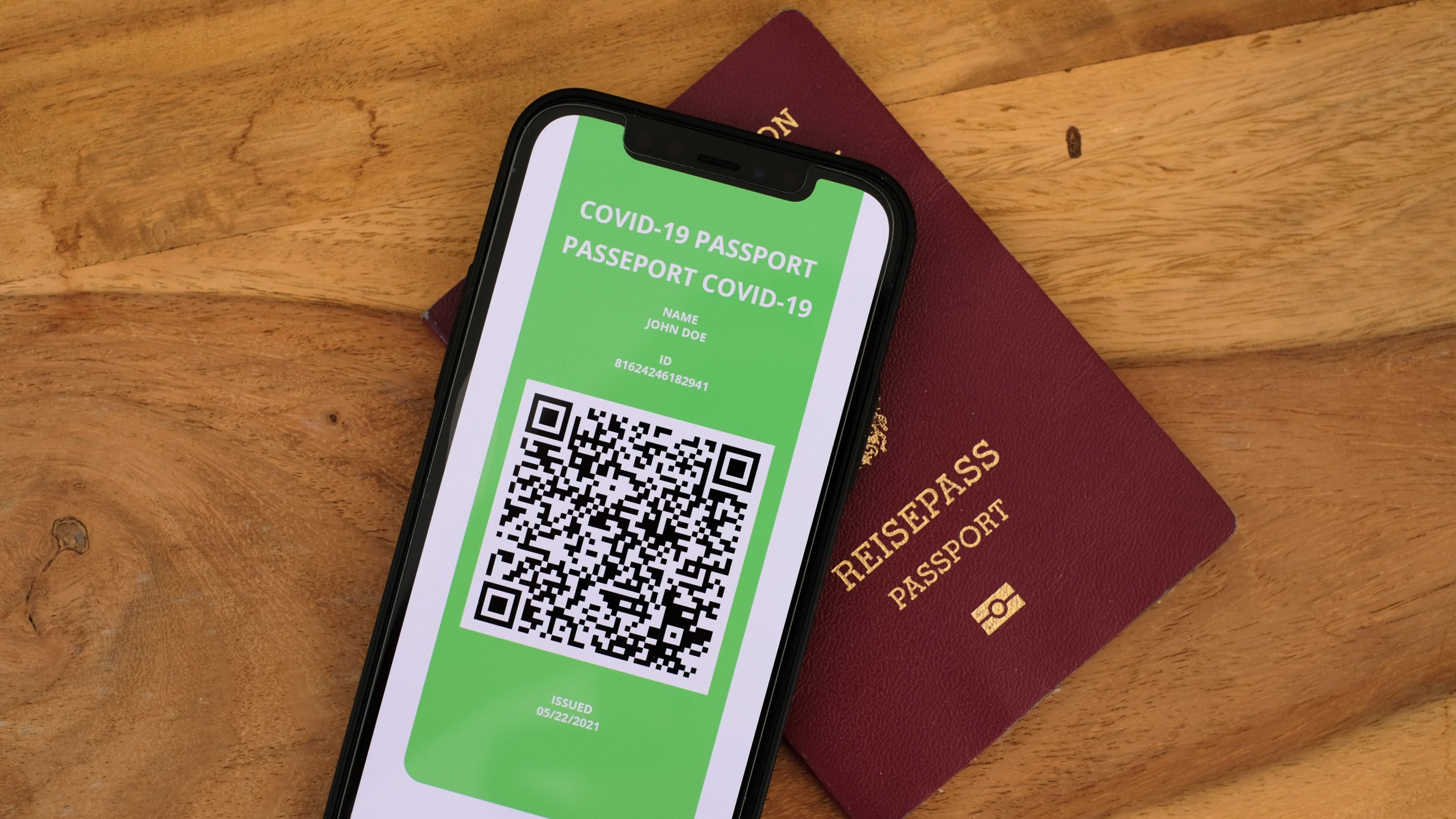SOURCE: Megan Redshaw at The Defender
The Defender is experiencing censorship on many social channels. Be sure to stay in touch with the news that matters by subscribing to our top news of the day. It’s free.
The European Commission on June 14 formally signed legislation to create the EU Digital COVID Certificate. The regulation will take effect July 1 and expire in 12 months.
Member States are required to start issuing the first certificates within six weeks of the July 1 start date, if they haven’t done so by then.
During the official signing ceremony, three main EU institutions — Parliament, the Council and the Commission — signed the regulation to show their support, asserting the certificate is “a symbol of what Europe stands for.”
Bulgaria, Czechia, Denmark, Germany, Greece, Croatia and Poland started issuing the first passports on June 1. Austria, Estonia, Latvia, Lithuania, Luxembourg and Spain began issuing passports days later.
The remainder of the EU and Schengen Area countries, except for Hungary and Finland which are still in the test phase, are expected to connect to the new technology framework.
How the EU passport works
Under the vaccine passport scheme, each EU Member State will issue its own certificate, but all will adopt the same entry requirements for visitors.
Individuals will obtain their passports through test centers or health authorities, or directly via an eHealth portal.
The digital version of the certificate can be stored on a mobile device. Citizens can also request a paper version. Both will have a QR code that contains essential information, as well as a digital signature to make sure the certificate is authentic.
The Digital COVID Certificate will show that a person has been vaccinated against COVID-19, received a negative test result or recovered from the virus.
The certificate information differs based on the vaccination status of users. For those who have received their shot, the vaccine manufacture, date of vaccination and the number of doses will be documented.
For those who have not yet been vaccinated, Member States require PCR or antigen test results be provided when traveling between countries. The passport will record the “type of test, date and exact time of test, name of the test centre and the results.”
The stated intent of the Digital COVID Certificate is to allow people to move between EU countries without having to quarantine or undergo extra coronavirus tests. However, according to the regulation, member states can impose extra travel restrictions in cases where “additional measures are a must in order to safeguard the public health.”
